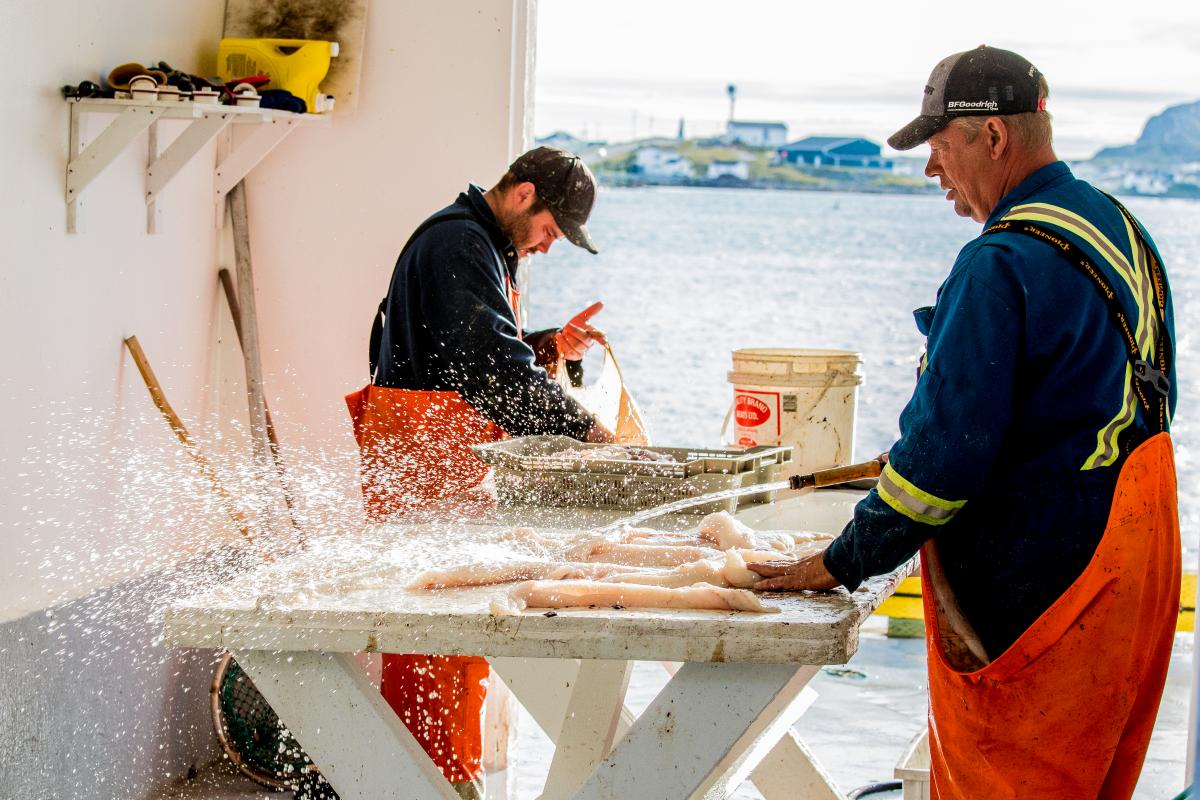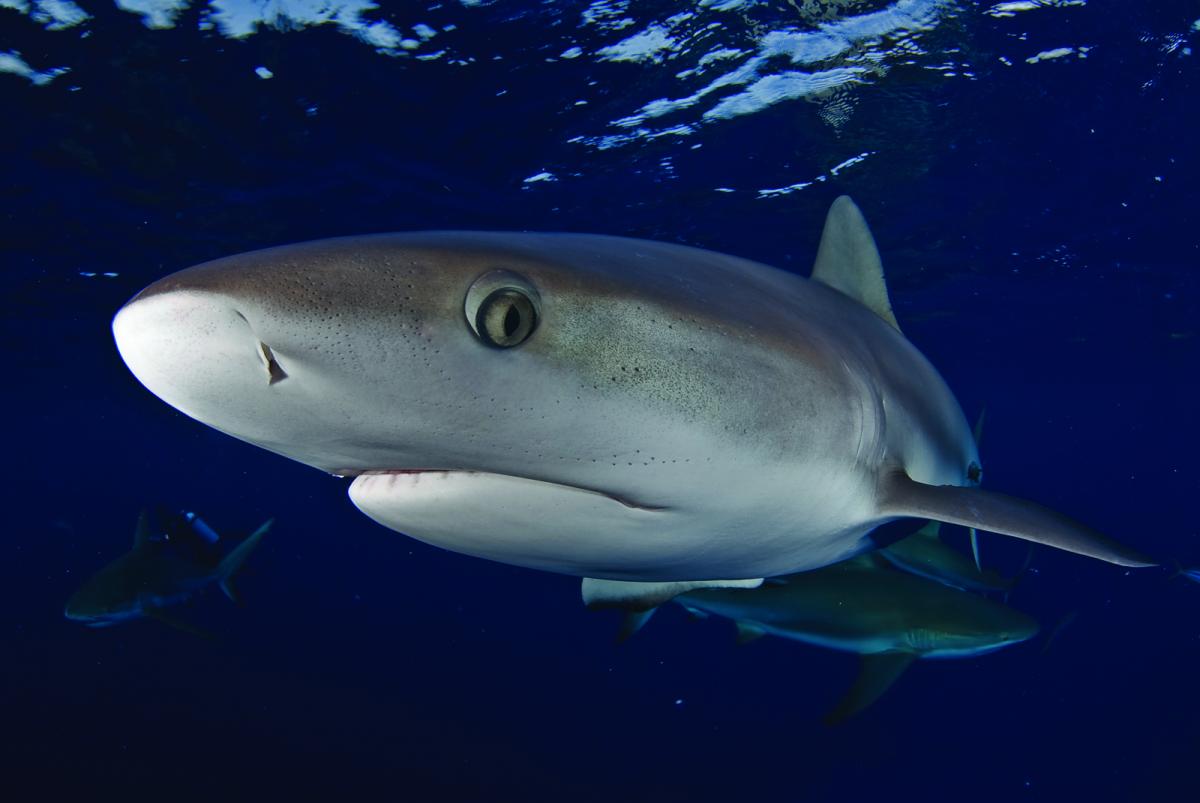November 1, 2021
‘The need to rebuild Canada’s fisheries has never been greater’: Campaign Director Kim Elmslie on why revamping Canada’s ‘Fisheries Act’ was such an important first step
BY: Oceana
In celebration of Oceana’s 20th anniversary in October, five senior staff members revisited past victories that embodied Oceana’s mission to stop overfishing, reduce bycatch, protect habitat, curb pollution, and increase transparency.
Here’s what Campaign Director Kim Elmslie had to say about one of Oceana’s biggest victories to curb overfishing and rebuild fish populations – the long-overdue revamping of Canada’s 151-year-old Fisheries Act in 2019:
“In 2015, Canadian Prime Minister Justin Trudeau swept into power on a wave of optimism and made various commitments to environmental protection. One of his campaign promises was that his government would modernize the Fisheries Act, one of Canada’s oldest and most outdated pieces of legislation, and restore protections that had been removed by the previous government. At Oceana, we immediately identified an opportunity to bring Canada in line with what other progressive fishing nations were doing around the world.
As with any campaign, we faced multiple challenges along the way. For instance, there were three different Fisheries Ministers – the key decision-maker who enforces fisheries policy – in four years! The field was crowded, too. When the new law was being developed, every organization and industry member saw an opportunity to advance their cause, since the government had no definition of ‘modernize.’ We needed to make a strong case to this brand new government that modernizing the Fisheries Act meant requiring rebuilding plans for depleted fish stocks.
Of course, we were ultimately successful in securing this provision, as well as another important measure we campaigned for: a ban on the import and export of shark fins in Canada, which was incorporated into the Fisheries Act.


Two years have passed since the Act was updated, and the need to rebuild Canada’s fisheries has never been greater. Many of Canada’s wild fish stocks remain depleted decades after they collapsed, putting us in the vulnerable position of depending on a handful of species to support our fishing industry.
Canada’s marine fish populations have declined by 55% since 1970, and currently there are 33 stocks in the critical zone. Only a quarter of our fish stocks can confidently be classified as healthy. This is in spite of existing policies on rebuilding that have been in place for years. However, policies aren’t legally binding. As we often like to say at Oceana, ‘Policies are good, but laws are better.’
We are now working to strengthen regulations to support the rebuilding provisions in the Act. When depleted stocks are left to languish, Canadians miss out on the social, cultural, and economic benefits of healthy fisheries. Plus, think of all the ocean wildlife that require fish to survive, such as whales, dolphins, and seabirds.
Last year, we undertook an economic analysis of six depleted stocks and found that once fish stocks are rebuilt, they could support catches up to 18 times above the status quo catch level. This brings benefits to the fishers, as well as entire coastal communities who have food, cultural, and other connections to fisheries. I want this future for all Canadians.”
The big picture: Stopping overfishing was Oceana’s raison d’être when it was founded 20 years ago. While Oceana’s scope now includes other important issues – such as reducing plastic pollution, ending the shark fin trade, and protecting critically endangered North Atlantic right whales – restoring ocean abundance is a recurring goal across Oceana’s campaigns. Studies have shown that rebuilding plans are the single best indicator of whether a fishery has a chance of rebounding. By advocating for sensible, science-based fisheries management around the world, Oceana has seen the fish come back time and time again.
This story is part of a longer feature that appears in the 20th Anniversary Issue (Fall 2021) of Oceana Magazine. Read it online here.



